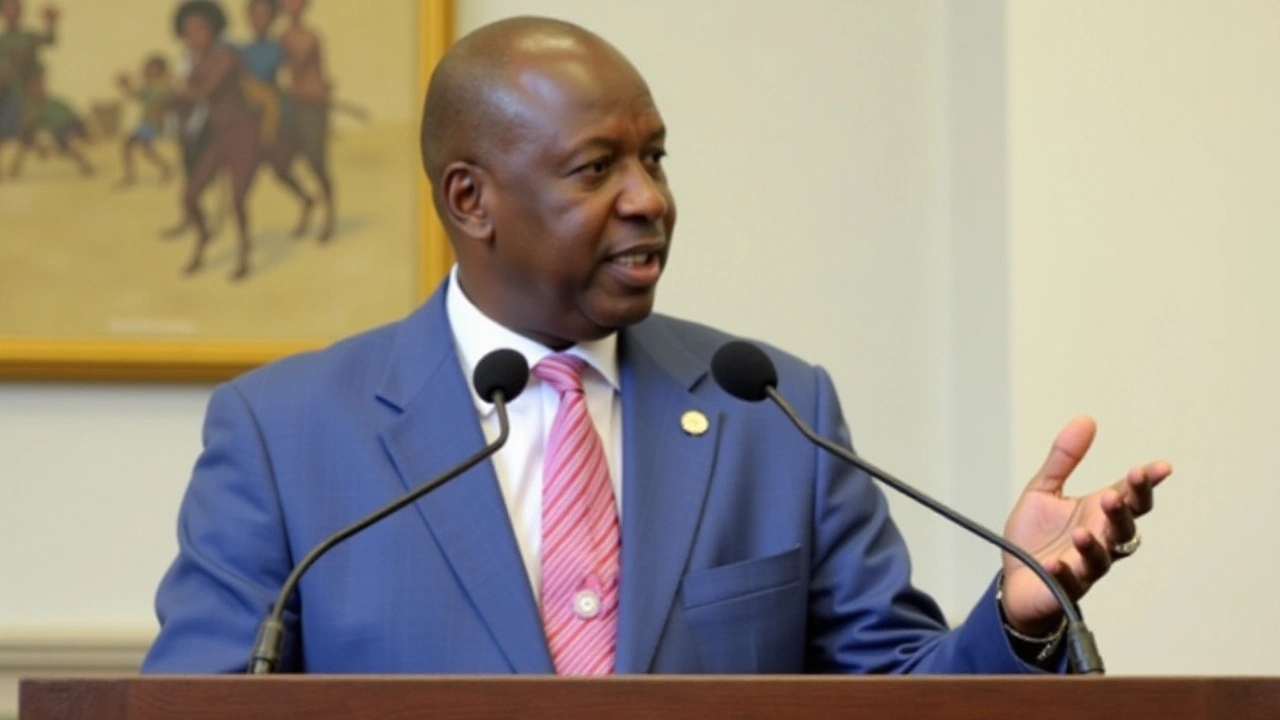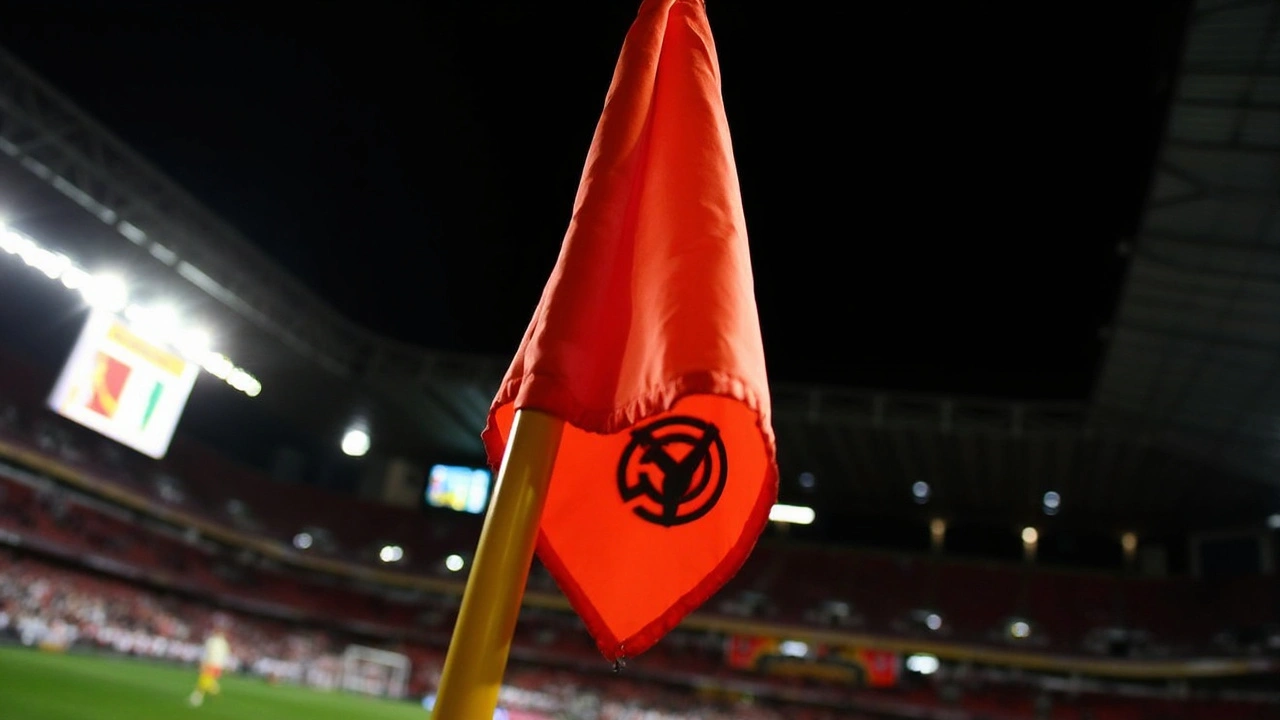Senator Maanzo's Censure Motion Against President Ruto: Key Allegations and Implications
Makueni Senator Dan Maanzo has taken a remarkable step by filing a censure motion against President William Ruto. The motion, received by the Clerk of the Senate on Tuesday, October 1, brings forth a series of allegations against the President that paint a stark picture of leadership failures and systemic issues. This motion follows closely on the heels of a similar action against Deputy President Rigathi Gachagua, signaling a tumultuous period in Kenya’s political landscape.
Alleged Failure to Curb Police Brutality
One of the core accusations leveled by Senator Maanzo is President Ruto's alleged failure to protect Kenyans from increasing cases of police brutality and torture. As the Chairperson of the National Security Council, Ruto holds the ultimate responsibility for maintaining order and ensuring the security of all Kenyan citizens. However, Maanzo claims that the President has not only failed in this regard but has also overlooked the growing number of incidents involving police excesses. The Senator's accusation comes amid a backdrop of reports and public outcry concerning the misuse of power by security agencies.
Devolution and Its Delays
Besides pointing to issues of police brutality, Maanzo's motion underscores what he views as the President's failure to implement devolution as per the Constitution. Devolution, a critical aspect of the nation's governance structure, is intended to bring services and governance closer to the people. However, according to Maanzo, the delay in financing devolved units has resulted in significant suffering for ordinary Kenyans. He emphasizes that the lag has particularly impacted sectors like health and agriculture, which are vital to everyday life. For instance, the delayed devolution of health services has left many patients without adequate care, exacerbating their plight.
Policies Failing to Promote Equity
The motion further criticizes certain policies that Maanzo asserts have failed to promote equity among Kenyans. He singles out the affordable housing programme and the Social Health Authority (SHA) as examples of initiatives that have not benefited the broader population equitably. According to Maanzo, these policies, rather than addressing the needs of the underserved, have often ended up favoring select groups, thus widening existing gaps in society. Such criticisms indicate a broader disapproval of the government's approach to social equity and welfare programs.
Economic and Social Ramifications
The censure motion against President Ruto is not merely a political maneuver but also holds deep economic and social implications. The delays in devolution financing impact the functionality of county governments, which are dependent on timely disbursals for their operations. This has led to inefficiencies and compromised service delivery, affecting millions of Kenyans. Moreover, the failure to address police brutality has social repercussions that go beyond the immediate victims, fostering a climate of fear and mistrust towards law enforcement.
Political Reactions and Future Prospects
The filing of this motion calls for immediate and robust debate within the Senate. Maanzo has appealed to his colleagues to support the motion as a stand against the perceived misconduct of the current administration. The broader political impacts of these actions could be far-reaching, potentially altering the landscape of Kenyan politics. If the censure motion gains traction, it could lead to more significant scrutiny of the President’s policies and governance methods, prompting reforms or further political actions.
With the backdrop of an already charged political environment, including an impending motion against Deputy President Rigathi Gachagua, the censure against President Ruto adds a layer of complexity to the current governmental dynamics. It remains to be seen how these political maneuvers will unfold and what their long-term consequences will be for the leadership and the people of Kenya.
Conclusion
The censure motion filed by Senator Dan Maanzo against President William Ruto signifies a critical moment in Kenyan politics. The allegations of police brutality, failure to implement devolution, and inequitable policies present a significant challenge to the current administration. As the Senate prepares to deliberate on the motion, the country awaits to see what implications these proceedings will have on the governance and future direction of Kenya.





